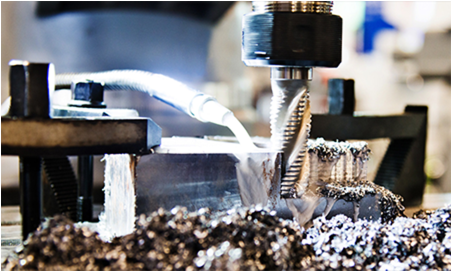Oct . 05, 2024 17:22 Back to list
aluminum screws
The Rise and Importance of Aluminum Screws in Modern Manufacturing
Aluminum screws have increasingly become an essential component in various industries due to their unique properties and advantages. As manufacturers and engineers seek lightweight, durable, and corrosion-resistant materials for assembly and construction, aluminum screws stand out as a perfect solution. This article aims to delve into the reasons behind the rising popularity of aluminum screws, their benefits, applications, and comparisons with other materials.
Understanding Aluminum Screws
Screws are fasteners that are helical in shape and are used to hold materials together, providing a mechanical advantage by creating a strong hold. While traditional materials such as steel have long dominated the fastener market, aluminum screws are becoming more prevalent, thanks to the versatility and performance capabilities of aluminum. Aluminum, known for its lightweight nature, resistance to rust, and excellent machinability, allows manufacturers to create high-quality screws that meet stringent industry standards.
Benefits of Aluminum Screws
1. Lightweight One of the most significant advantages of aluminum screws is their low weight compared to steel or brass fasteners. This property is particularly critical in aviation and automotive industries, where every ounce counts towards overall performance and fuel efficiency. Using aluminum screws can reduce the overall weight of assemblies, resulting in enhanced performance and reduced energy costs.
2. Corrosion Resistance Aluminum naturally forms a protective oxide layer when exposed to air, which helps prevent corrosion. This characteristic is especially advantageous for applications in harsh environments—such as marine or chemical settings—where the risk of rust and degradation of fasteners could compromise the integrity of structures.
3. Cost-Effective While aluminum screws may have a higher upfront cost compared to some steel fasteners, their durability and resistance to corrosion can lead to long-term cost savings. The reduced need for replacements and maintenance can contribute significantly to a project's overall budget.
4. Ease of Machining Aluminum is easy to machine and shape, which allows for the production of complex screw designs tailored to specific applications. Manufacturers can create screws with diverse head styles, thread dimensions, and lengths, accommodating the needs of different projects.
aluminum screws

5. Recyclability Aluminum is a highly recyclable material, making aluminum screws an eco-friendly choice. As industries strive to be more sustainable, using aluminum fasteners can contribute to reduced waste and lower environmental impact.
Applications of Aluminum Screws
Aluminum screws are versatile and widely used in various industries, including
- Aerospace In aircraft design, reducing weight is paramount. Aluminum screws help construct lighter airplanes without sacrificing structural integrity. - Automotive They are used in numerous applications, from engine components to body panels, contributing to overall vehicle efficiency and performance. - Construction In building and construction, aluminum screws are favored for their lightweight and corrosion-resistant properties, making them ideal for outdoor constructions and structures exposed to the elements. - Electronics Many electronic devices use aluminum screws for assembly due to their lightweight nature, which supports portability and ease of handling.
Aluminum Screws vs. Other Materials
When compared to steel screws, aluminum screws offer distinct advantages such as lower weight and superior corrosion resistance. However, steel screws tend to provide higher tensile strength, making them suitable for heavy-duty applications that require strong fastening. The choice between aluminum and steel screws usually depends on the specific requirements of the project, including weight sensitivity, load-bearing needs, and environmental conditions. In contrast to plastic screws, aluminum offers greater strength and thermal stability, although plastic has advantages in terms of electrical insulation.
Conclusion
In conclusion, the increasing demand for aluminum screws across various industries reflects a significant trend toward optimizing performance and sustainability in manufacturing. Their unique combination of lightweight, durability, corrosion resistance, and recyclability positions aluminum screws as a reliable choice for modern engineering challenges. As technology continues to advance and industries strive for efficiency and sustainability, aluminum screws will undoubtedly play a crucial role in shaping the future of fasteners.


